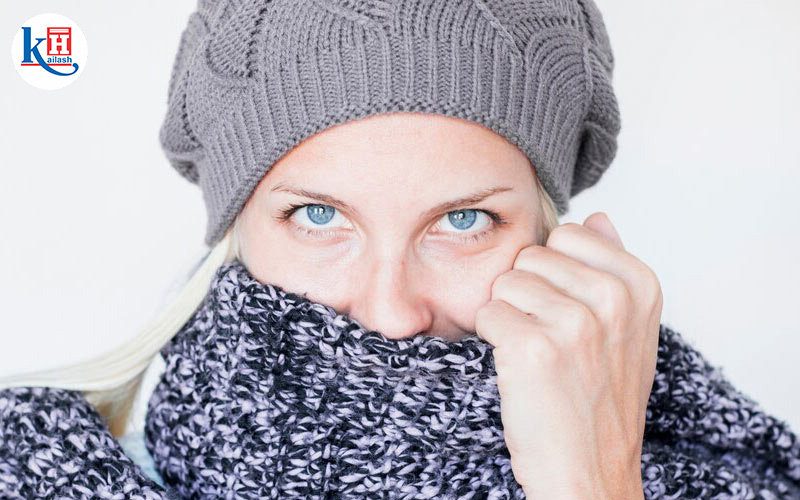Chilling Outside? Protect Your Eyes! Expert Tips for Winter Eye Health
Verified By Dr. Himanshu Arora | 06-Jan-2024
As winter sets in, concerns about eye health often arise due to the colder temperatures and drier conditions. Dr. Himanshu Arora, a renowned Consultant Ophthalmologist at Kailash Hospital in Dehradun, addresses common eye health related queries and provides invaluable advice to protect and care for our eyes during the winter months.
Dr. Himanshu Arora, our esteemed eye specialist at Kailash Hospital, has provided expert answers to some common queries related to eye health. Delve into the world of ocular wellness and gain valuable insights for optimal eye care.
1. Can winter cause eye problems?
Dr. Arora: Yes, the colder, drier air during winter can lead to various eye problems. Dry eye syndrome tends to worsen due to decreased humidity, causing discomfort, redness, and irritation in the eyes.
2. How can I protect my eyes in the winter?
Dr. Arora: To safeguard your eyes, use humidifiers indoors to maintain moisture levels. Also, wearing sunglasses that offer UV protection and shielding against harsh winds can significantly help.
3. Can eyes be damaged in cold weather?
Dr. Arora: Prolonged exposure to cold, windy weather can lead to eye dryness, irritation, and even corneal damage if not adequately protected. Therefore, it’s crucial to shield your eyes when outdoors.
4. Why is my vision blurry in winter?
Dr. Arora: Blurry vision in winter can be due to dry eyes or changes in tear film quality caused by reduced humidity. Additionally, fogging of glasses due to temperature changes can also contribute to blurry vision.
5. Do you need eye protection for cold weather?
Dr. Arora: Absolutely. Eye protection like wrap-around sunglasses or goggles is essential to shield against cold winds, UV rays, and prevent moisture loss from the eyes.
6. How can I stop my eyes from watering in winter?
Dr. Arora: Artificial tears or lubricating eye drops can help alleviate dryness and reduce the eyes' tendency to water due to irritation caused by the dry, cold air.
7. Why are my eyes puffy in winter?
Dr. Arora: Cold temperatures can cause blood vessels around the eyes to constrict and dilate, leading to puffiness.
8. Why are my eyes worse in winter?
Dr. Arora: Winter conditions exacerbate existing eye conditions like dry eyes, causing discomfort. Furthermore, indoor heating systems can further dry the air, worsening symptoms.
9. Should I wear contacts or glasses in cold weather?
Dr. Arora: In cold weather, wearing glasses can offer an additional barrier against the elements, reducing eye exposure to cold winds. However, if using contacts, opt for moisture-retaining ones and carry lubricating drops.
10. How can I protect my eyes from extreme cold weather?
Dr. Arora: During extreme cold, prioritize wearing protective eyewear such as goggles to shield against wind, snow, and UV rays. Additionally, staying hydrated and using artificial tears can maintain moisture.
In conclusion, Dr. Himanshu Arora sheds light on the importance of winter eye care and emphasizes the necessity of protective measures to maintain eye health during colder months. By following these expert recommendations, individuals can safeguard their eyes and minimize discomfort caused by winter conditions.
For comprehensive eye care and expert consultation, consult Dr. Himanshu Arora, the Best Eye Specialist in Dehradun, at Kailash Hospital.



 +91-9711918451
+91-9711918451
 international.marketing@kailashhealthcare.com
international.marketing@kailashhealthcare.com







